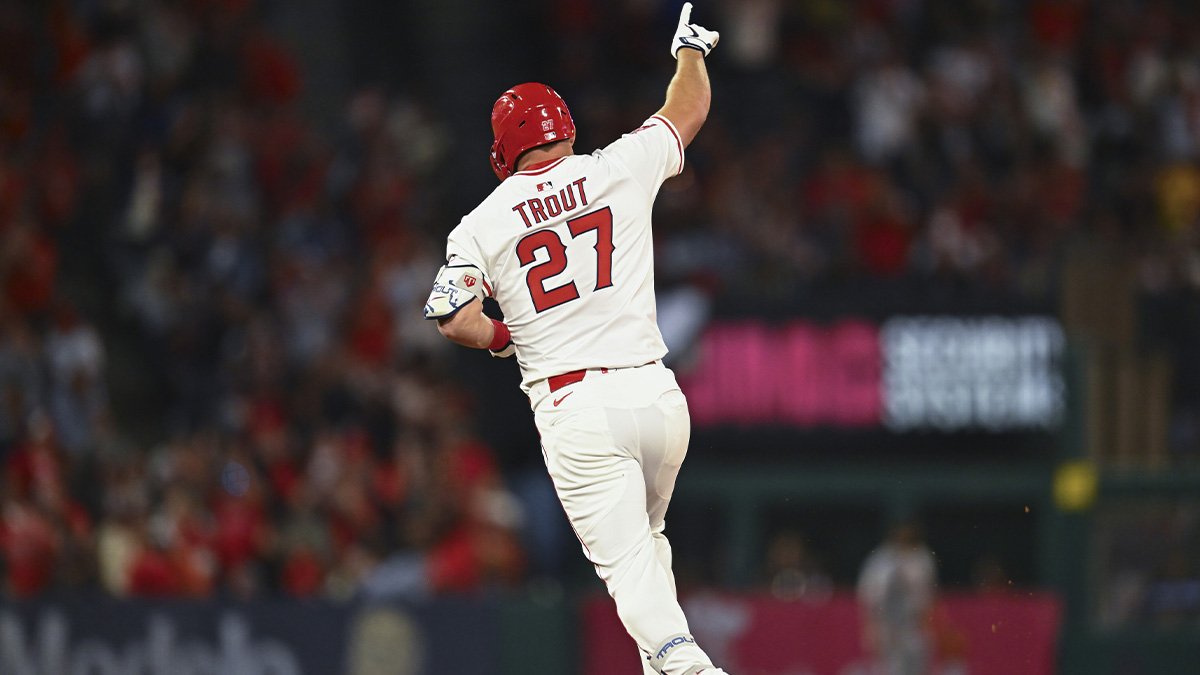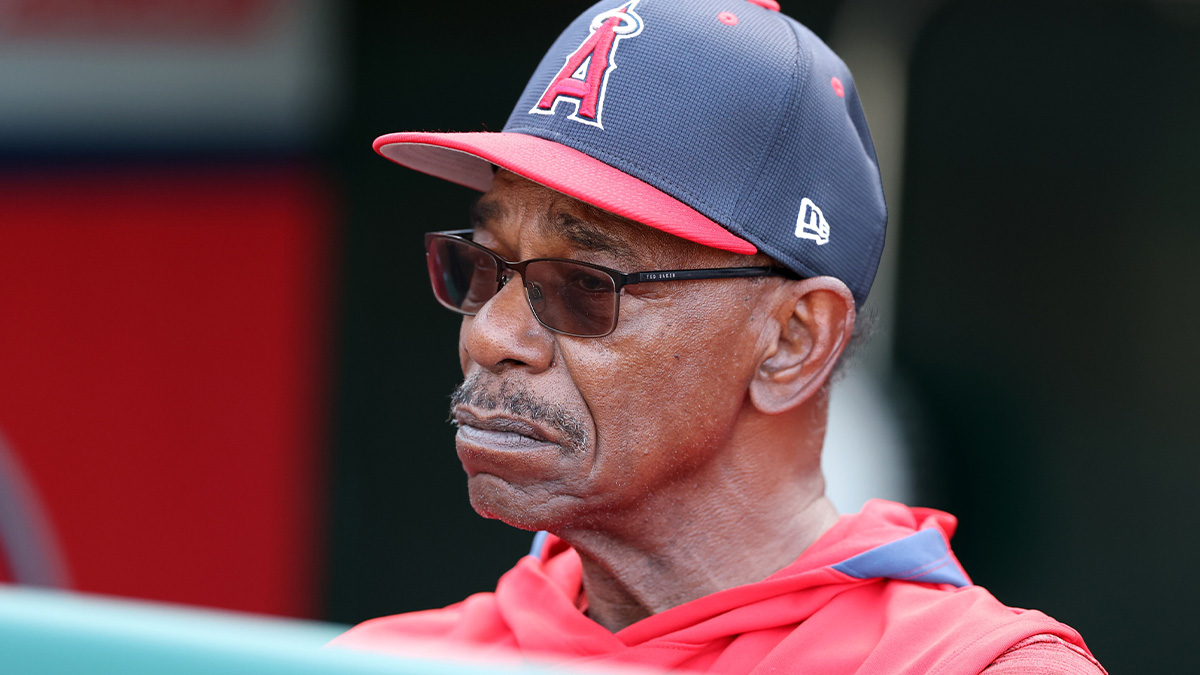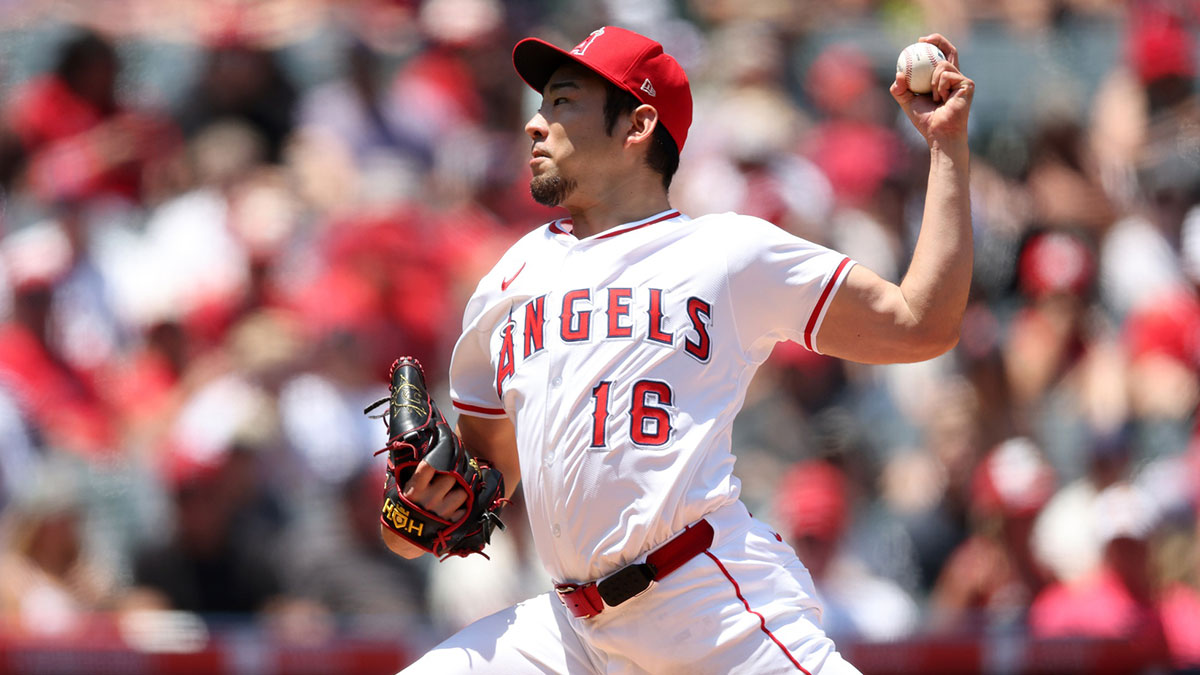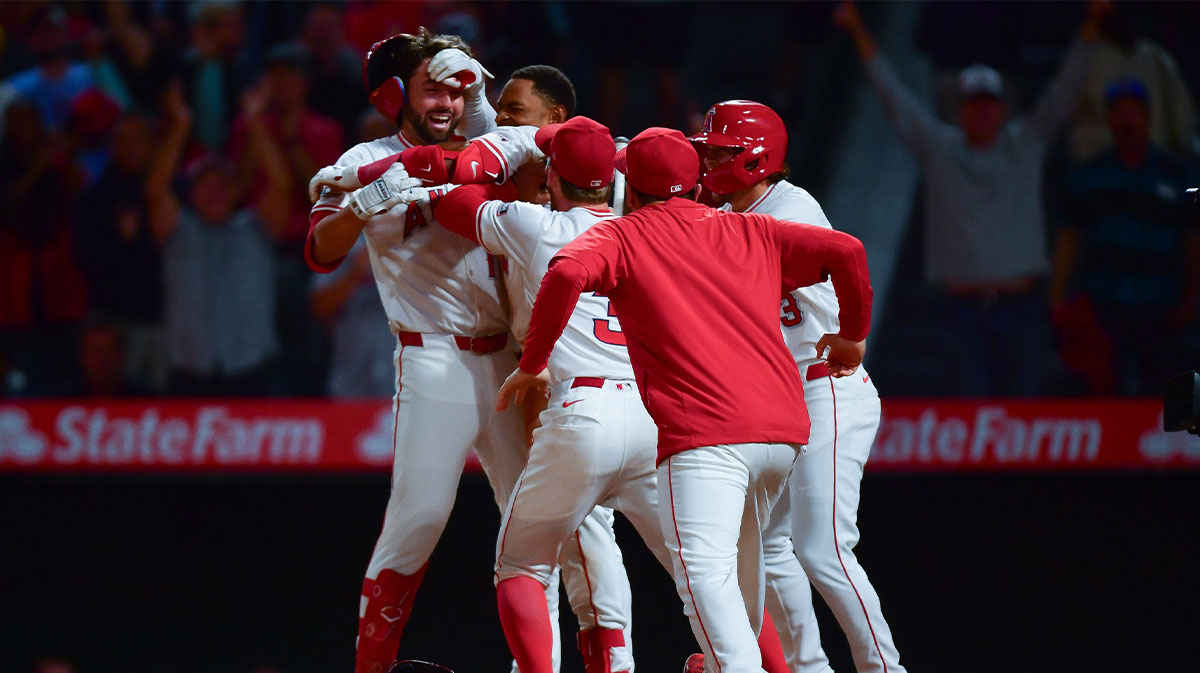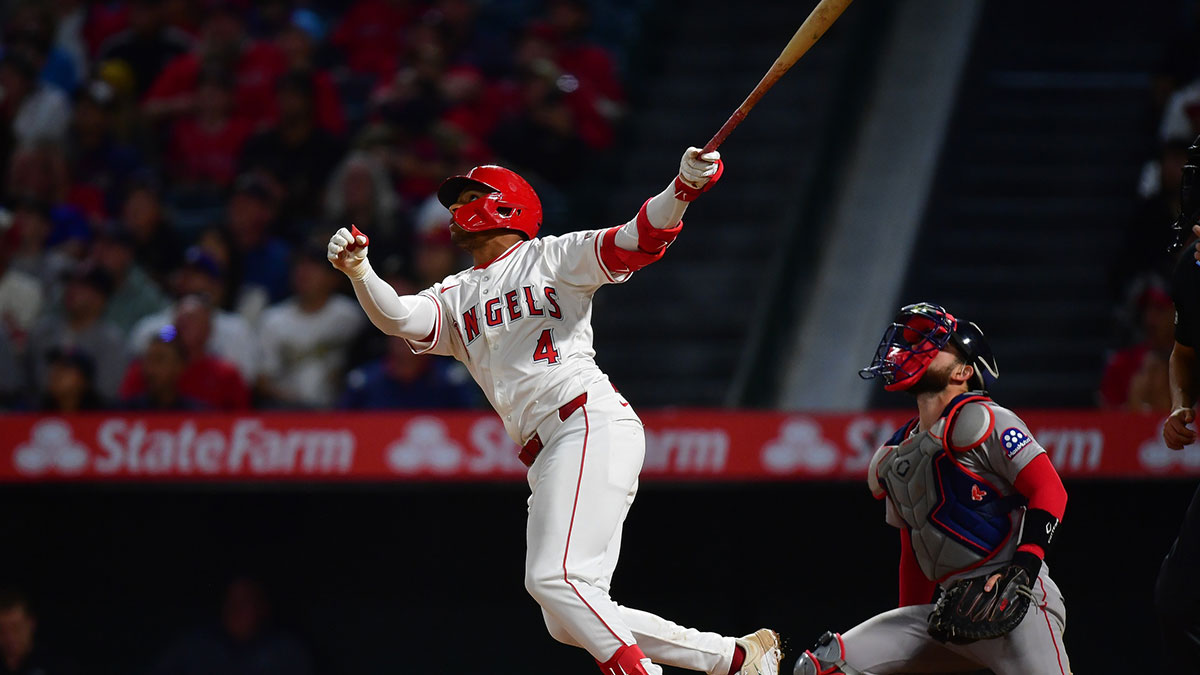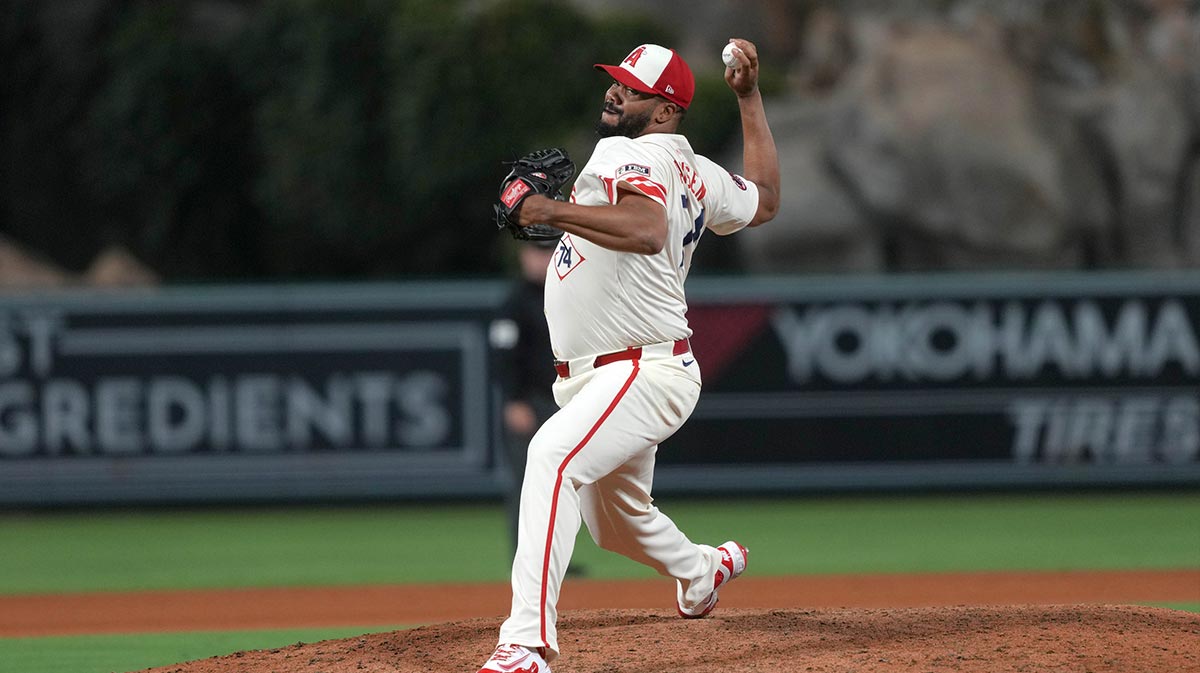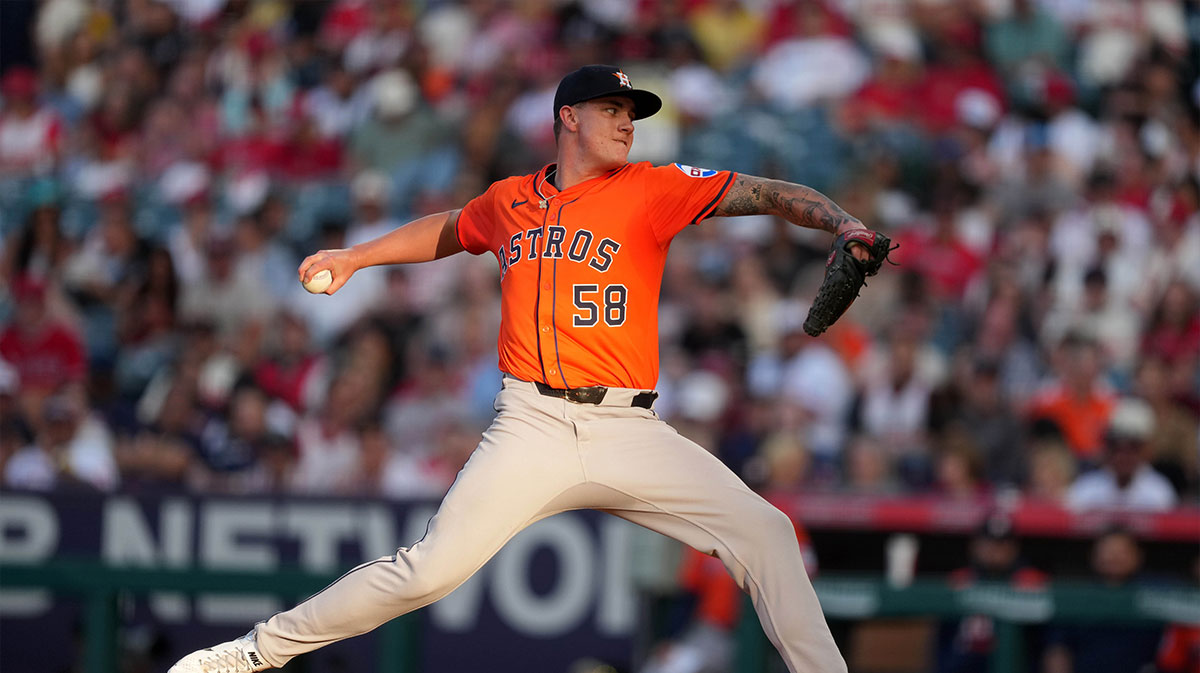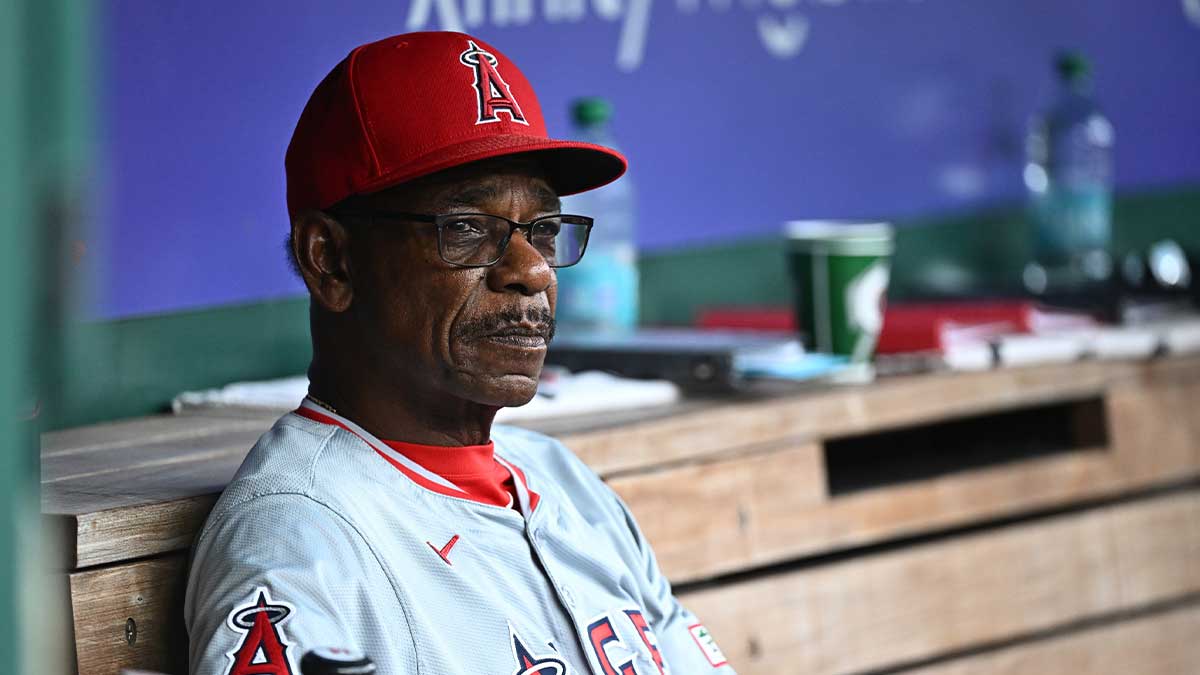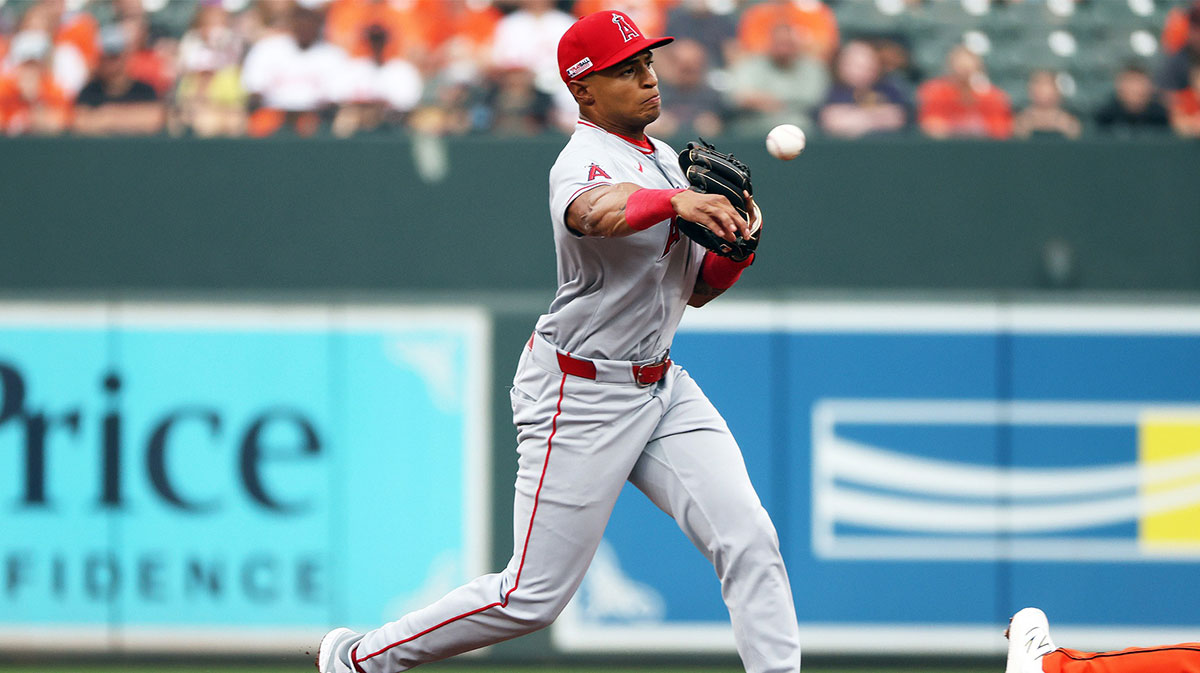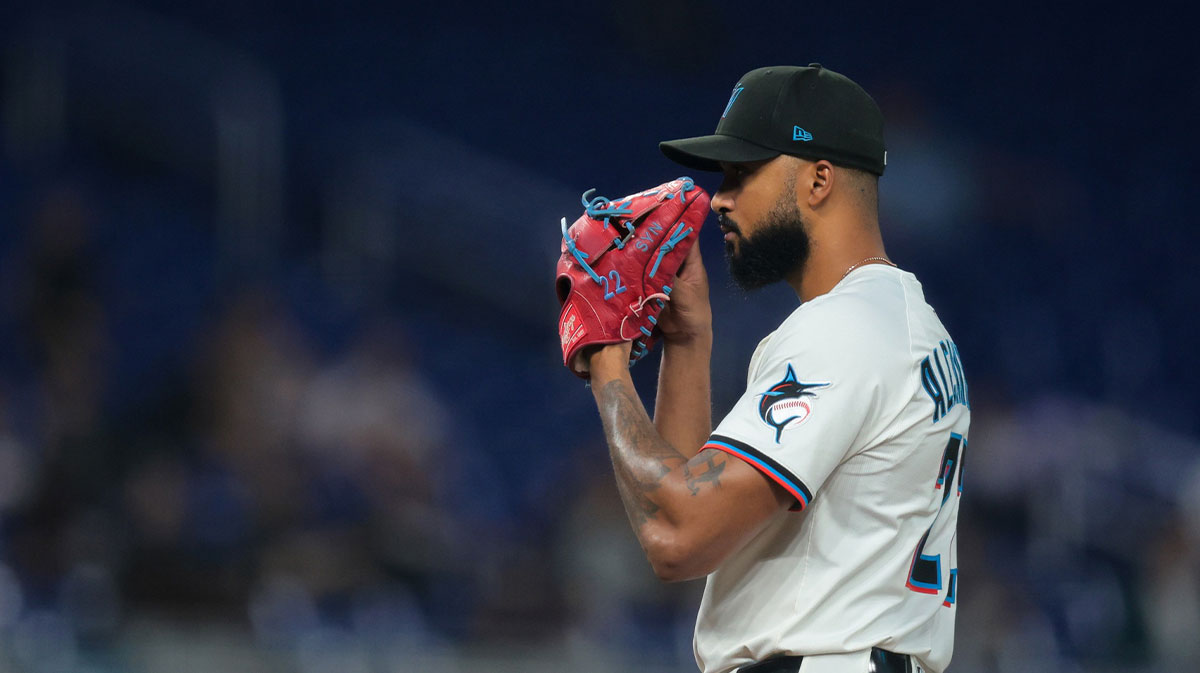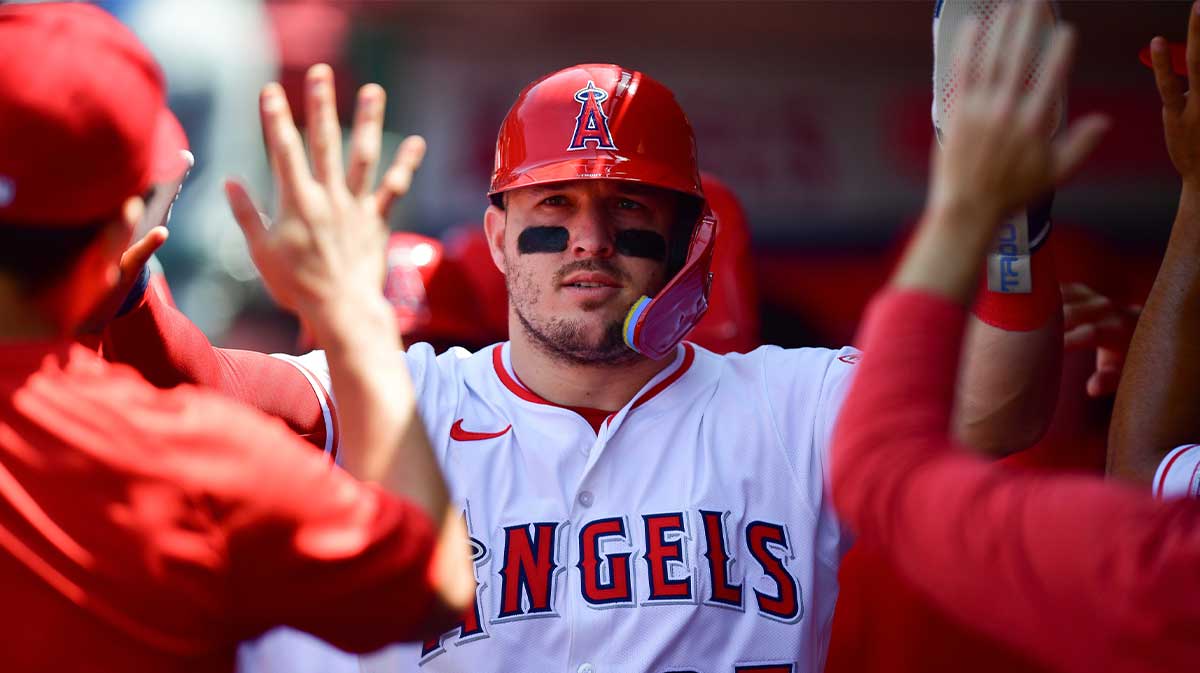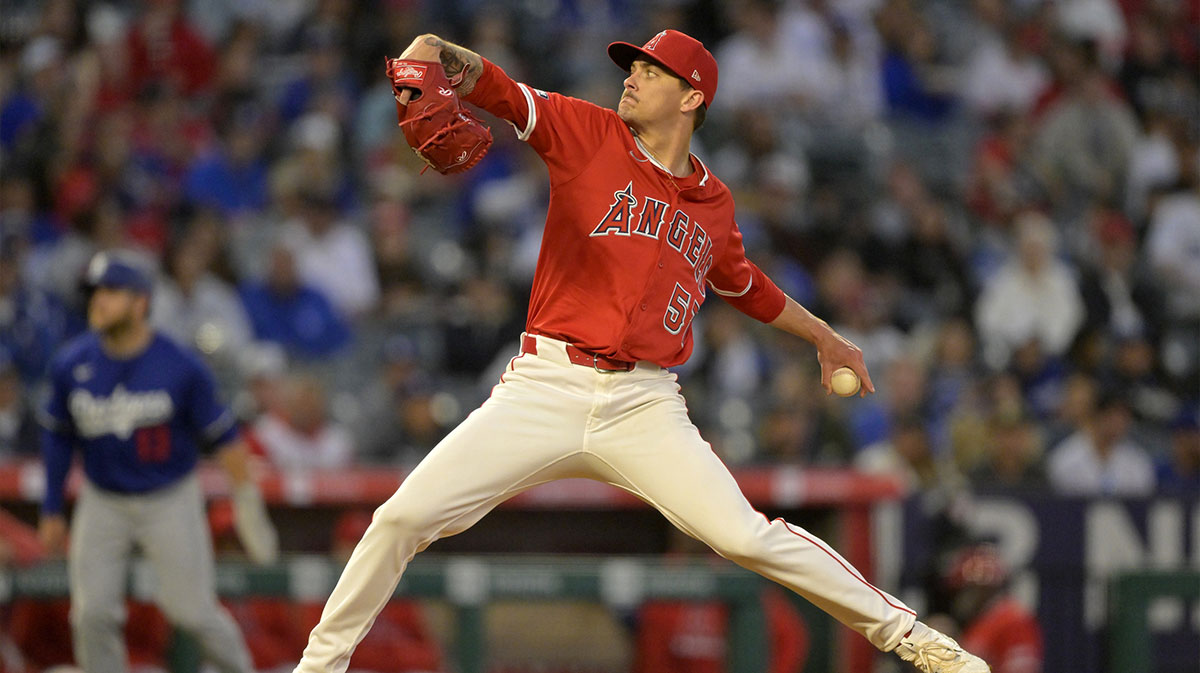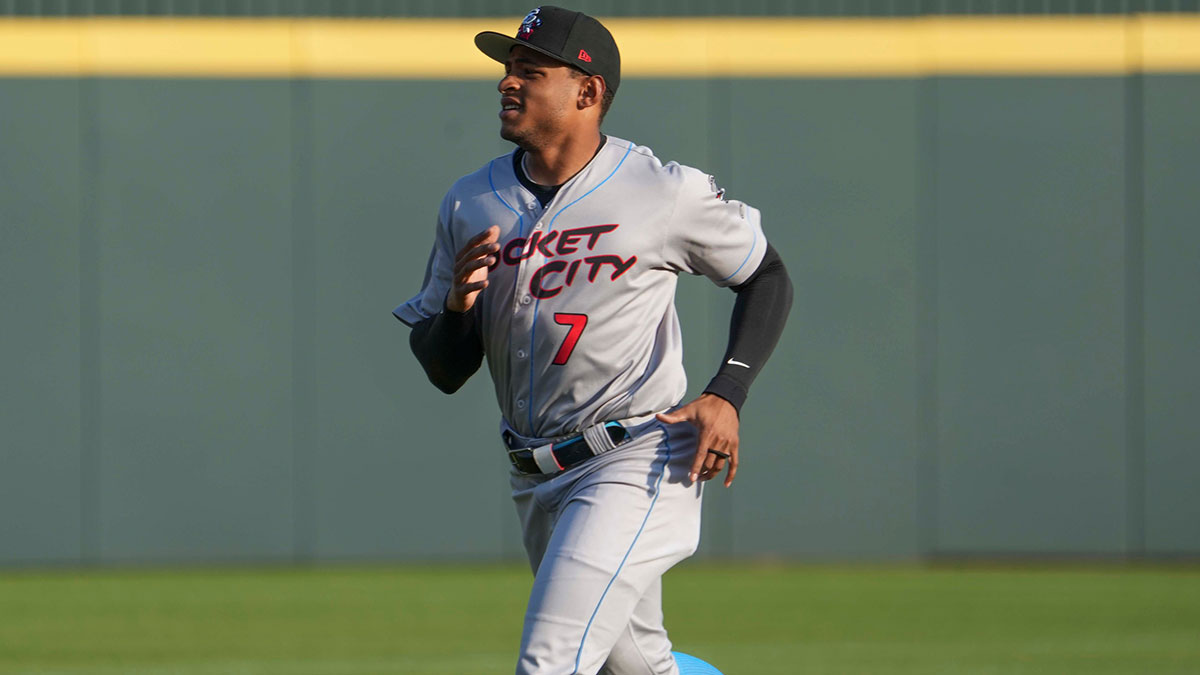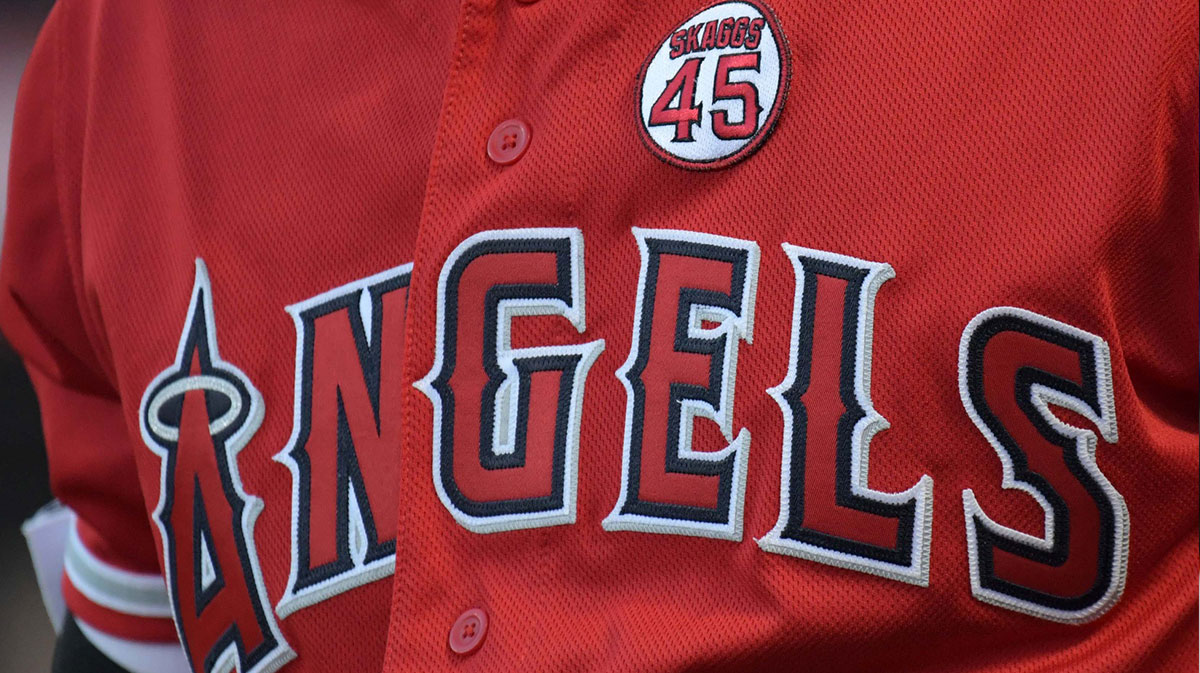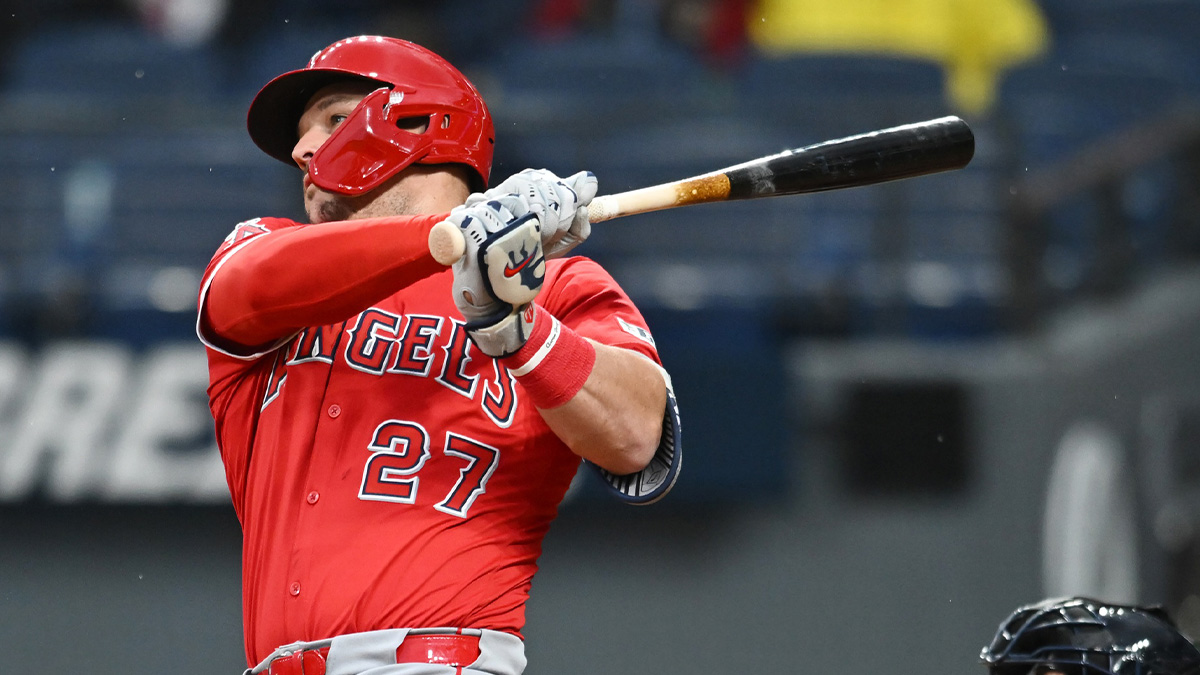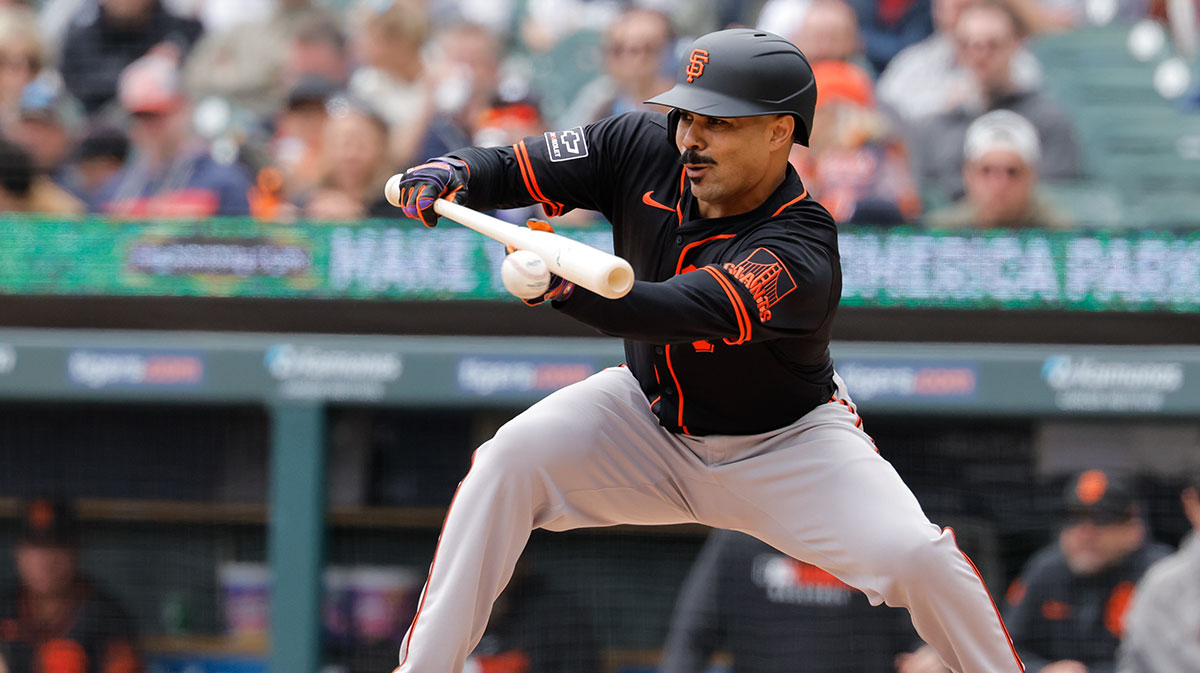When Manny Machado and Bryce Harper reached record-breaking deals with the San Diego Padres and Philadelphia Phillies, respectively, the attention of the baseball world turned to Mike Trout.
The Los Angeles Angels centerfielder is unquestionably the best player in the game, but has been to the postseason just once in his tenure with the club. And with his contract expiring after the 2020 season, the hype surrounding his future increased tenfold after the money and length that were acquired by Harper and Machado in their contracts. In fact, Harper went on a Philadelphia radio station almost immediately after signing with the Phillies to publicly state he would recruit Trout.
Mike Trout had told members of the organization that he would not discuss a contract extension during Spring Training or the regular season, making next winter appear to be the Angels' only chance to lock him up for the foreseeable future. However, Los Angeles and Trout reached a 12-year extension worth more than $430 million on Tuesday morning, making Trout the highest-paid player in MLB history both in terms of guaranteed money as well as AAV.
Angels general manager Billy Eppler became increasingly aggressive and determined in their pursuit of an extension, and now the greatest player of this generation is an Angel for life. But what does the mega-deal mean for both sides, and the future of the Angels organization?
Eppler's dogged pursuit pays off… big-time
Of course, Trout got paid. In securing the largest contract in big-league history, he has also been validated as the untouchable face of the franchise. But the biggest winners here are the Angels.
Now, we need a little bit of history lesson. Los Angeles has not had the best luck with long-term deals in recent history. The team signed Albert Pujols to a 10-year, $240 million dollar deal in 2012 that continues to burden their payroll flexibility. The five-year, $77 million deal they handed to former Rangers ace C.J. Wilson during that same season was equally ill-advised. But the worst signing was unquestionably another former Ranger, outfielder Josh Hamilton. The Angels handed Hamilton a five-year, $125 million deal only to watch him hit 31 homers in two years, eventually paying $63 million for Hamilton to return to the Rangers.
So, there may be some Angels fans that are concerned with the length of the contract, or the money, or even both… but they shouldn't be.
Both Wilson and Hamilton were handed shorter deals, but let's compare Trout's new contract with that of his current teammate, Albert Pujols. When the Angels signed Pujols before the 2012 season, he was entering his age-32 season and had just posted the lowest fWAR (3.9) of his career.
On the other hand, Trout is only just entering his age-27 season and is coming off a 9.8 fWAR in 2018 while posting 64.2 fWAR in his first seven seasons. Pujols posted 53.5 fWAR in his first seven seasons in the MLB, a period in which he was establishing himself as the best player in the game.
So not only has Trout been more productive than a future Hall of Famer in his first seven seasons, but he is also significantly younger. In fact, he is technically just entering his “baseball prime” at 27, which is a terrifying proposition for opposing pitchers.
And yet the Angels just locked down the best player of the generation for just under $36 million per year in terms of AAV, when–according to FanGraph's “Dollars” metric–he has been worth an average of $70 million per year in his MLB career.
It may seem like a lot of money–and it is–but this extension is a huge bargain for the Angels.
Mike Trout shows loyalty; can Angels build around him?
As previously mentioned, the Angels have been to the playoffs just once in Trout's seven years with the club.
Los Angeles has averaged just over 83 wins in those seven years, but have failed to eclipse the .500 mark in each of the last three seasons. Despite making some notable additions in the offseason, a lack of depth in the starting rotation is likely to prevent the Angels from getting to October once again.
Likewise, with Pujols' contract still on the books until after the 2021 season (his contract was back-loaded, so he will actually be getting paid more at the end of his deal) and Justin Upton signed through 2022, it would seem the Angels do not have a ton of payroll flexibility to make impact signings in future free agency periods.
Trout is showing a good deal of loyalty in signing this extension, because he could just as easily have received a record payday while going to a proven winner after the 2020 season. Instead, he is likely to spend the rest of his career in Los Angeles.
Now that Eppler has his generational talent on board, how will he maneuver to make his club more competitive?
Just two of the Angels' top 10 prospects are pitchers, which is a serious area of need for the organization. But they have a lot of outfield depth, though prospects like Jo Adell and Brandon Marsh may still be a year or two away from making their MLB debuts.
Perhaps they look to package Upton, but–like Pujols–his contract is also back-loaded, which could make a trade difficult. The likelier option, now that Trout is signed long-term, is adding in free agency.
According to spotrac, the Angels are estimated to have the fifth-highest payroll in the MLB for the 2019 season. But they are still over $37 million below the luxury tax. And with that threshold increasing to $210 million by 2021, it may be time for owner owner Arte Moreno to bump that payroll even higher.
Bottom line
Mike Trout is the best player and baseball and already bound for the Hall of Fame at just 27 years old. Moreno and Eppler were insistent in making any financial commitment necessary in retaining him, and in return Trout showed loyalty to the franchise despite a lack of team success.
Now there really are no excuses for the Angels. The onus is on the front office to help make Los Angeles a winning ball club once again. They fired longtime manager Mike Scioscia and hired Brad Ausmus in the hopes of a fresh start.
But the key will be a new determination to be more aggressive in acquiring and signing talent to play with Trout, because nobody wants to see the game's brightest star wither away on a middling team that cannot make a deep run in October.
Eppler has already shown he is not afraid to negotiate, winning the Shohei Ohtani sweepstakes and getting Andrelton Simmons at a bargain price. He has made the biggest play of this offseason, but the biggest question is: now what?

